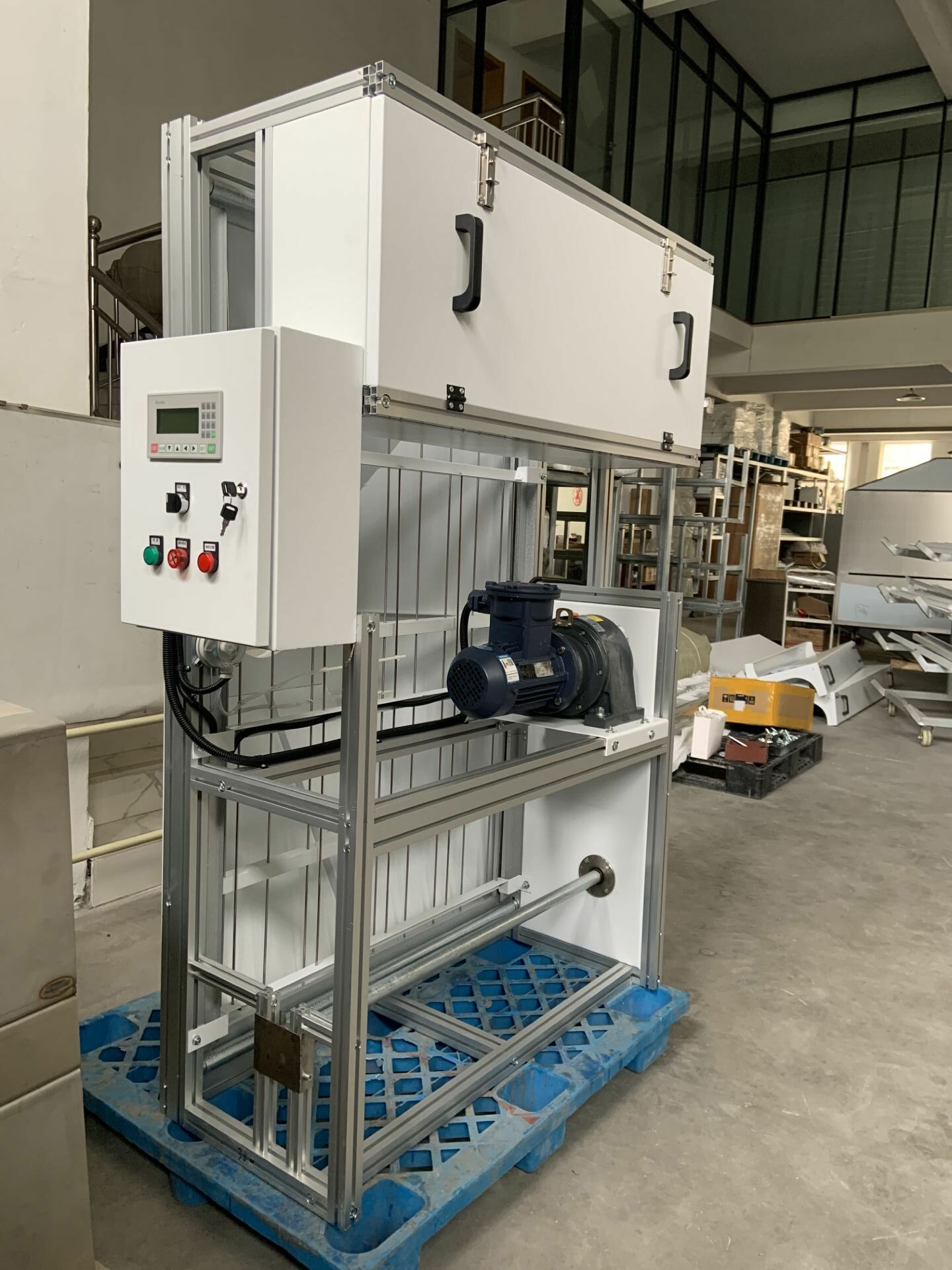Breathing Easy: How Automatic Filters Improve Indoor Air Quality in Factories

Breathing Easy: How Automatic Filters Improve Indoor Air Quality in Factories
The Importance of Clean Air in the Workplace
Like any industry, factories require a specific set of conditions to operate efficiently. One of the most crucial factors that contribute to a productive and healthy work environment is indoor air quality (IAQ). Breathing easy, or having clean air to breathe, is essential for employees’ well-being, productivity, and overall performance.
Challenges in Maintaining Good IAQ in Factories
Factories, by their very nature, can be breeding grounds for air pollutants. Heavy machinery, chemicals, and materials can release particles and gases into the air, posing serious health risks to employees. Moreover, poor ventilation systems and outdated filtration systems can exacerbate the problem, making it difficult to maintain good IAQ.
The Solution: Automatic Filters
That’s where automatic filters come in – a game-changer in the fight for clean air in factories. These innovative solutions work by continuously monitoring the air quality and automatically adjusting to remove pollutants and contaminants, ensuring a healthier and safer environment for workers.
How Automatic Filters Work
Automatic filters, also known as self-cleaning, or self-sustaining filters, use advanced technology to monitor and maintain optimal IAQ. Here’s how they work:
- Sensors continuously track air quality, detecting even the smallest particles and gases.
- Triggered by a setpoint or alarm, the filter automatically cleans and maintains a safe and healthy air quality.
Benefits of Automatic Filters
The advantages of automatic filters are numerous, including:
- Improved IAQ: By continuously monitoring and adjusting to remove pollutants, automatic filters ensure a cleaner and healthier air environment.
- Reduced maintenance: With little to no maintenance required, automating the cleaning process saves time and resources.
- Increased worker productivity: A healthier and safer work environment boosts employee morale and productivity.
- Compliance with regulations: Automatic filters can help factories comply with local and national regulations on IAQ.
Case Study: [Factory X] Boosts Productivity and Reduces Sick Leave
[Factory X], a leading manufacturer of industrial equipment, saw a significant reduction in sick leave and employee absences after installing automatic filters in their facilities. Employees reported improved breathing and overall well-being, resulting in increased productivity and morale. The company also reduced maintenance costs and compliance issues by ensuring consistent and effective IAQ monitoring.
Conclusion
In industries like manufacturing, maintaining good indoor air quality is crucial for employee health, productivity, and overall success. Automatic filters are the key to achieving this goal, providing a reliable and efficient solution for factories to ensure a safe and healthy work environment. With automatic filters, the future of indoor air quality in factories is looking brighter, and employees can breathe easy, knowing their employer is committed to their well-being.

